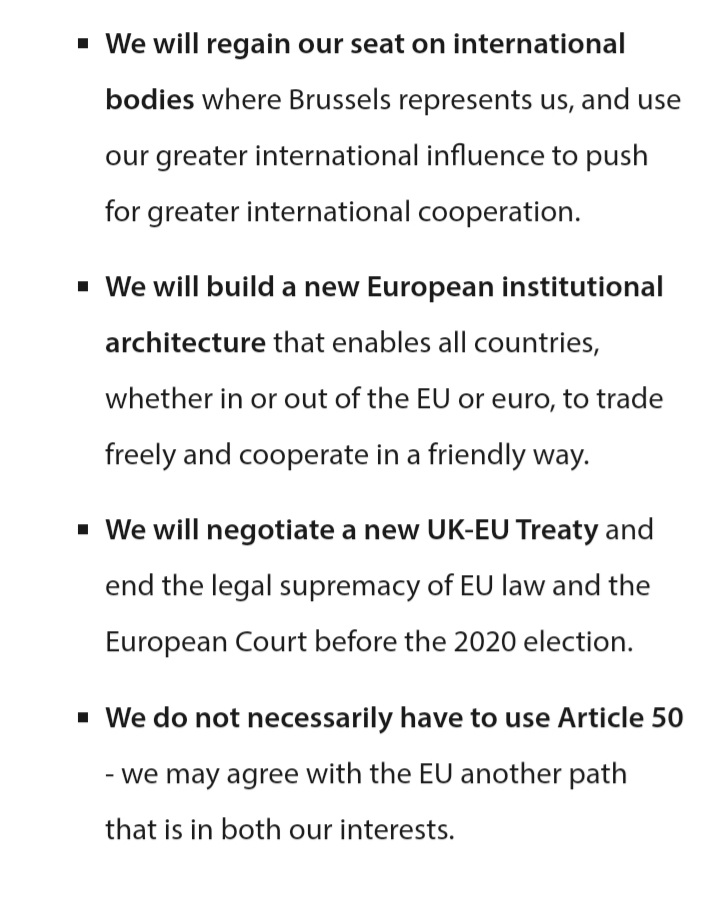
This "I don't think the EU really understands" shtick on the UK side is getting silly and does not help UK credibility. EU and Irish officials have worked every angle of Brexit over and over for five years. Of course they understand. But that doesn't mean they'll do what you want
It's eerily close to the Russian "you don't really understand our relationship with Ukraine" trope that goes on and on. After a certain point you wonder who has problems understanding the state of play
"You don't really understand the situation in Northern Ireland" by officials and ex-officials in London is pitched to whom exactly? Irish officials?
And yes Dublin and Brussels should have moved faster in dealings with Unionists, but there is another community in NI that may ask itself how far London is going in communicating with them
Right now the current governing coalition in Dublin is keeping Sinn Fein out of power. It was the current ruling party in London that cut a confidence and supply deal with a key political actor in NI. Did that reflect understanding of consequences?
I'll give the Boris Johnson government one thing. At least it's not politically dependent on the DUP. That election victory in December 2019 did give him the space to chuck commitments overboard that May never had.
• • •
Missing some Tweet in this thread? You can try to
force a refresh




